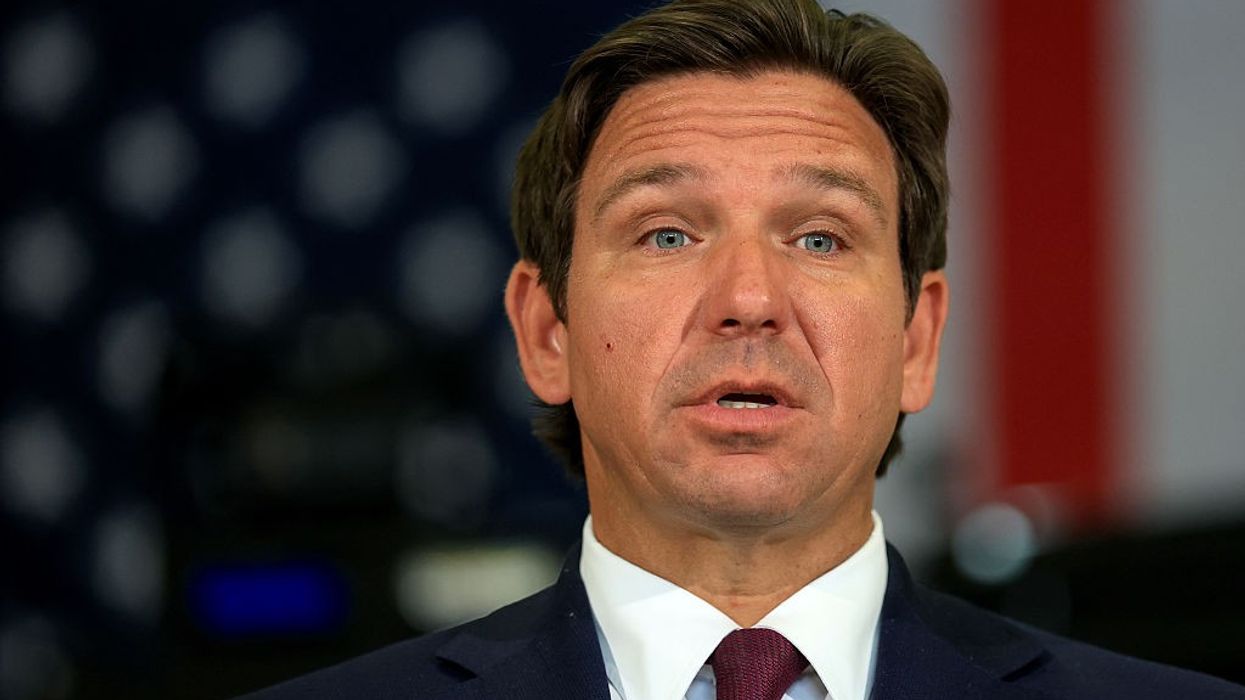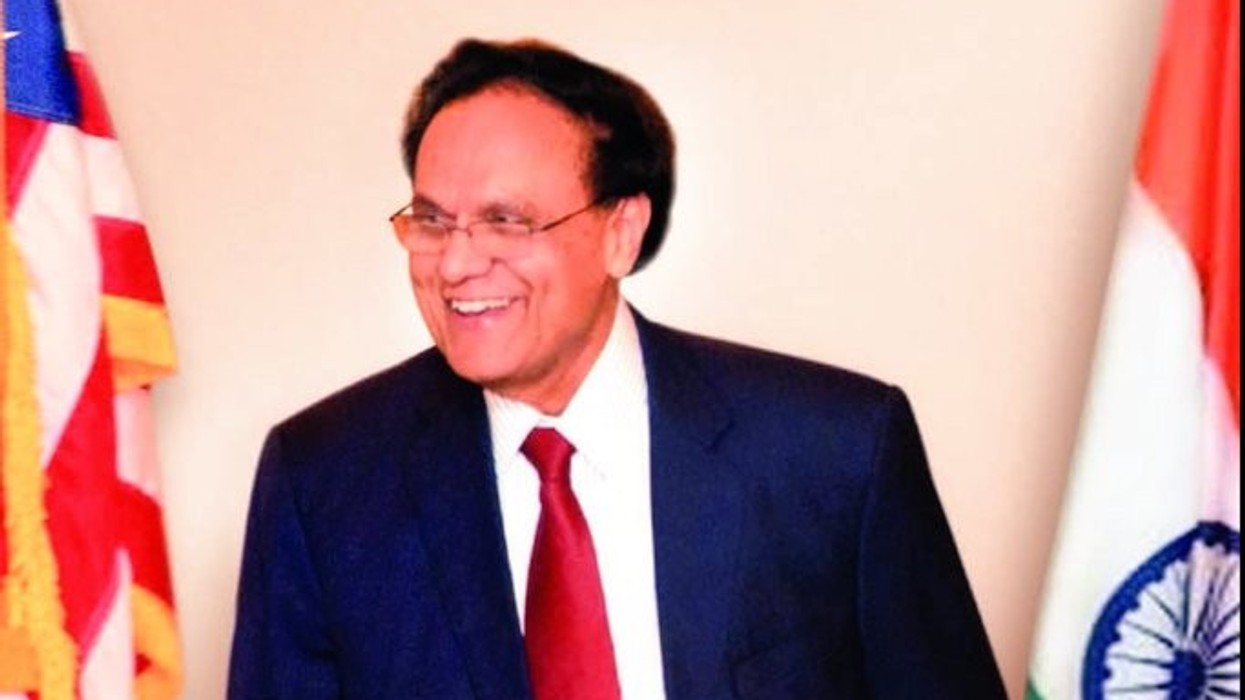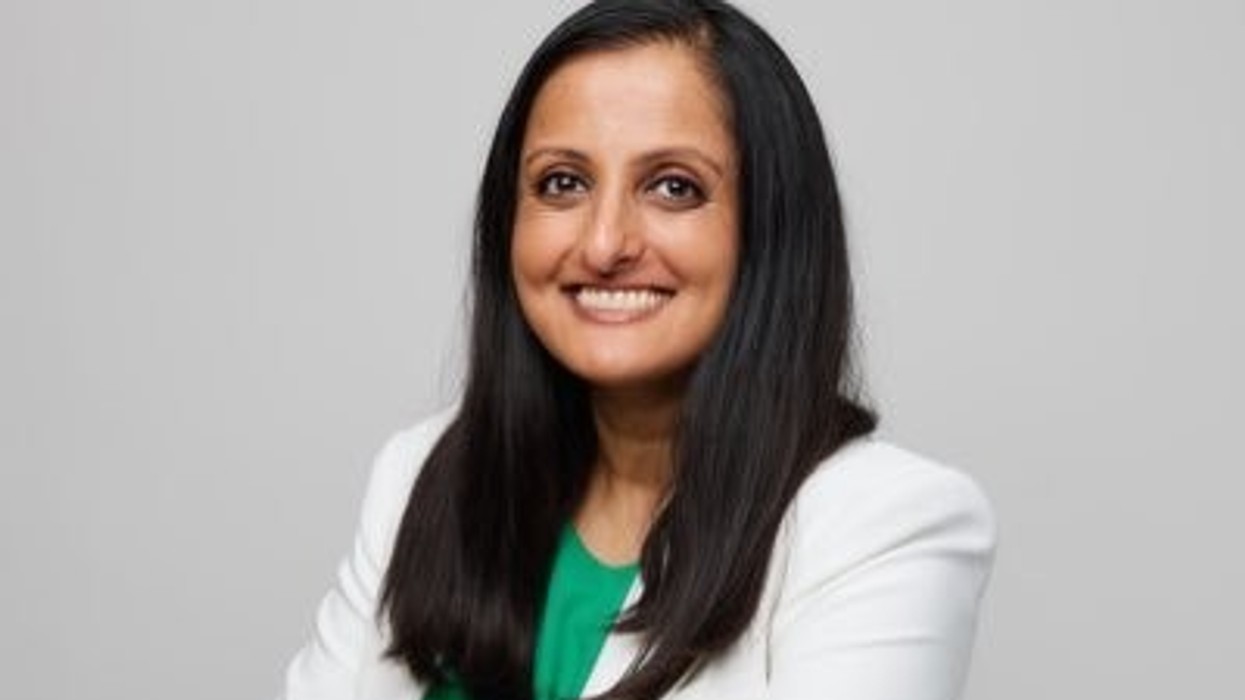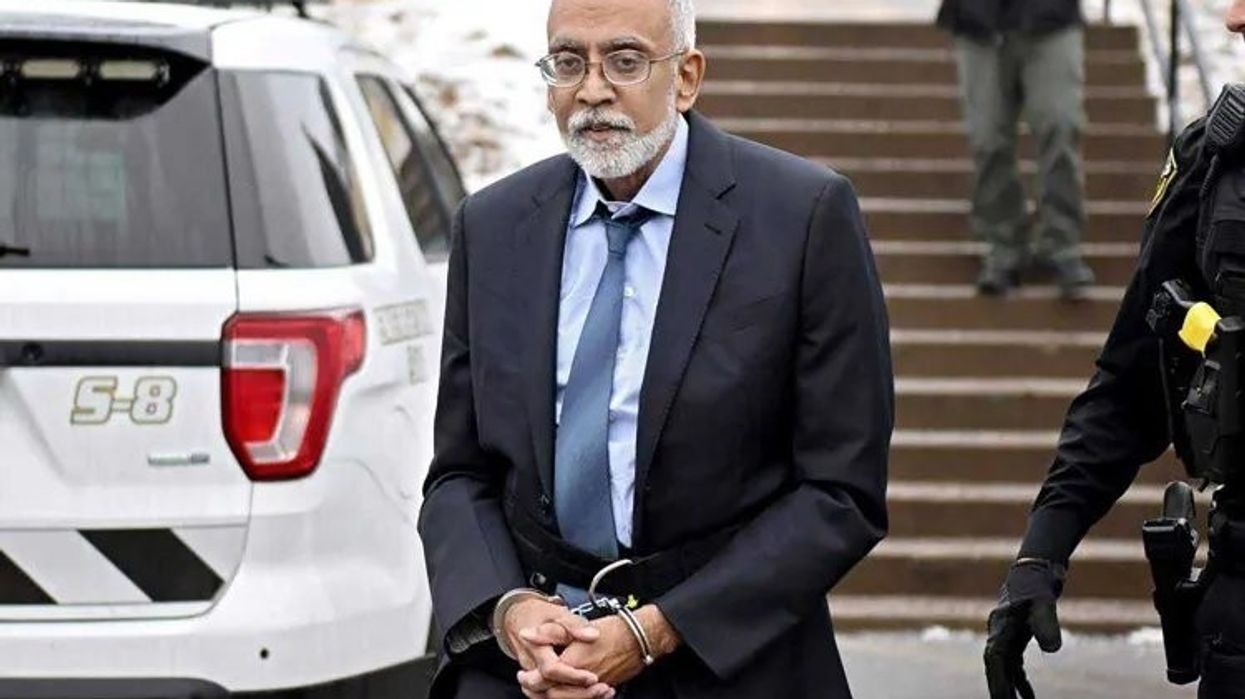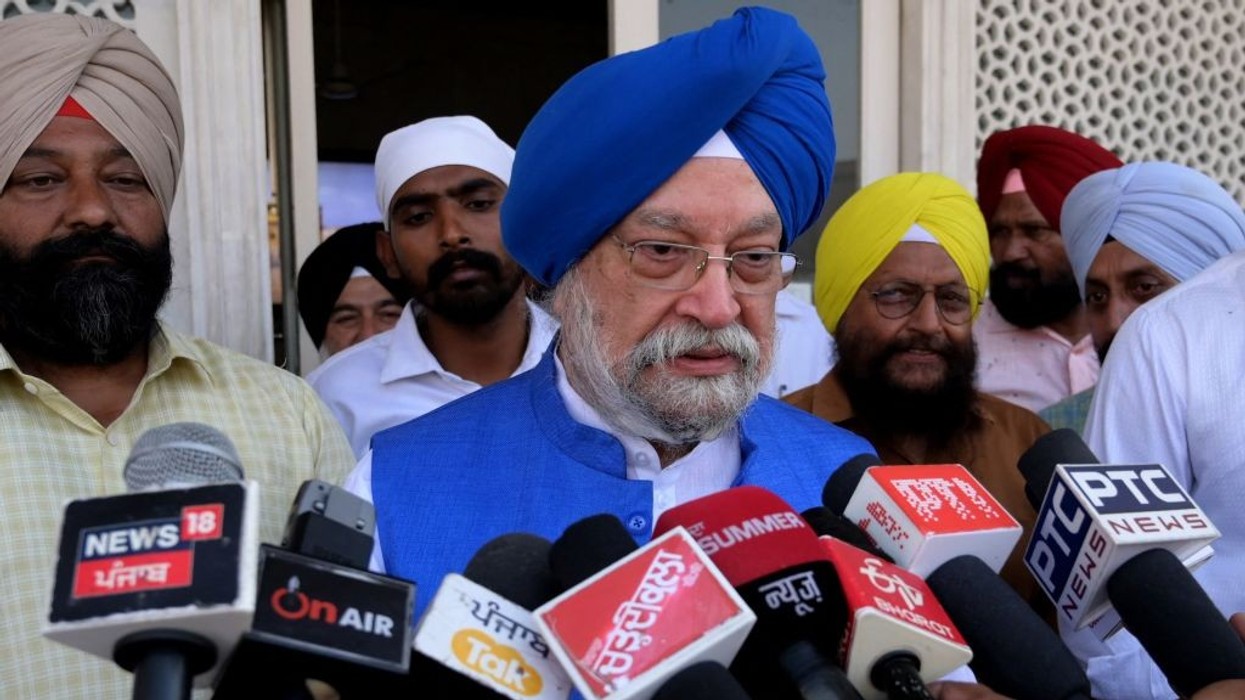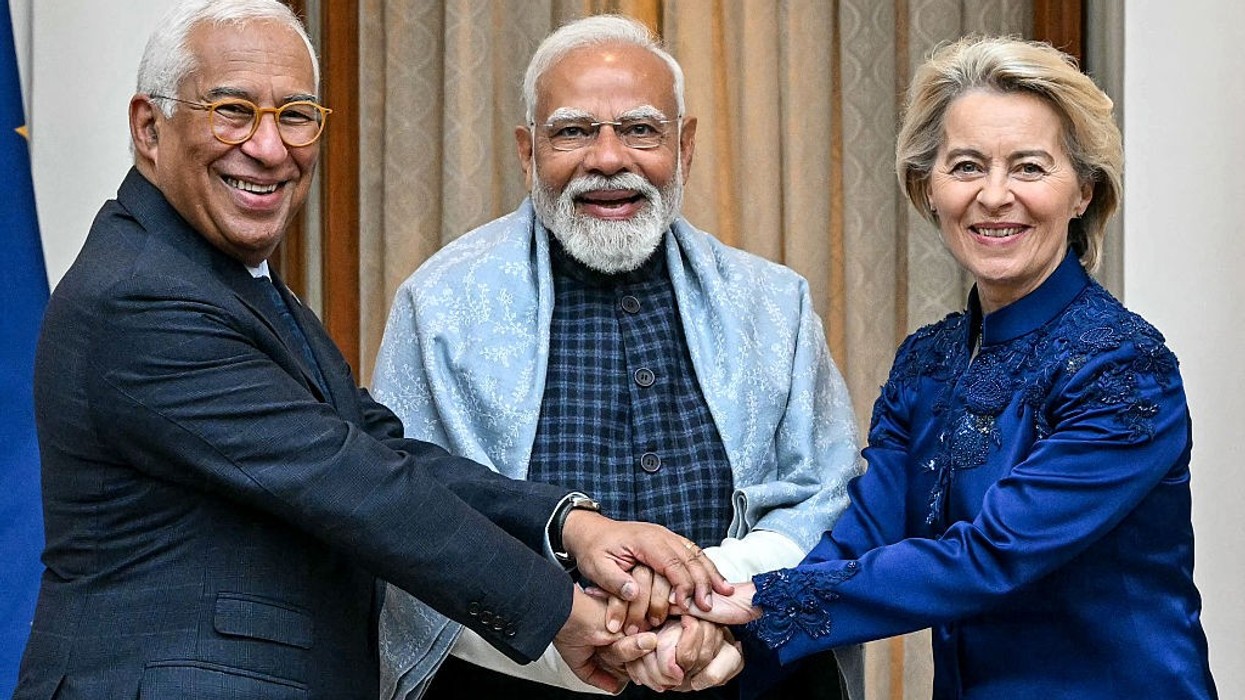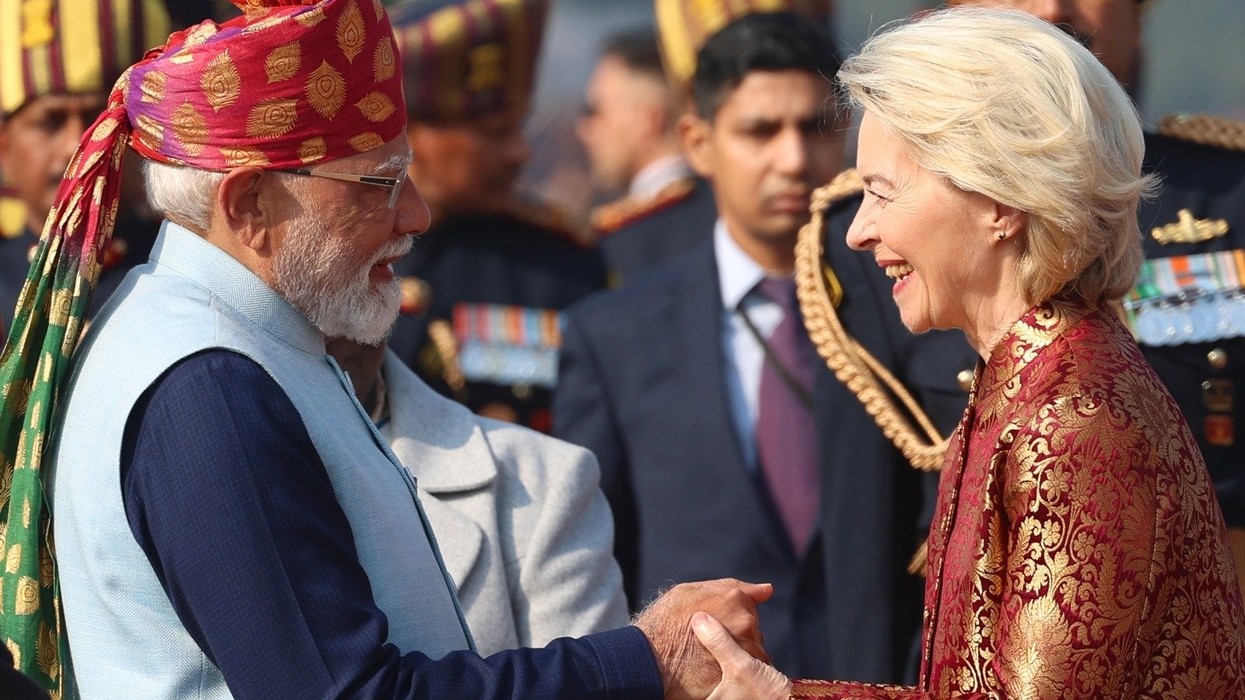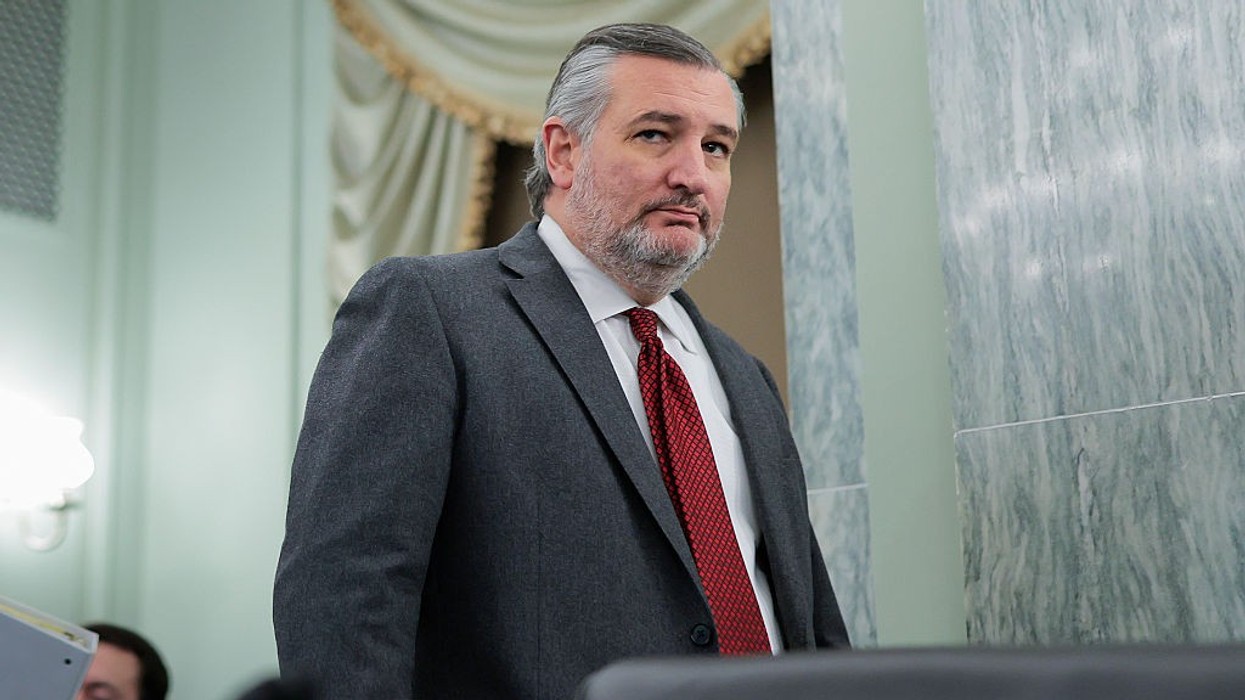Highlights:
Florida Governor Ron DeSantis on Wednesday criticized the H-1B visa program, calling it a “total scam” and alleging that it predominantly benefits Indian workers who “make money” through the system. Speaking in an interview with Fox News, DeSantis argued that the visa program is often misused by companies to replace American workers, rather than attracting the “cream of the crop” global talent it is marketed to bring.
He said, “Some of these companies are laying off large numbers of Americans while also hiring new H-1B workers and renewing existing visas.”DeSantis emphasized that training American workers only to lay them off while favoring foreign workers under the visa program undermines domestic labor. He also connected this issue with challenges posed by artificial intelligence, which is rapidly displacing segments of the young American workforce. DeSantis reiterated the America First message that begins with prioritizing employment for US citizens before importing foreign workers.
Calls for immigration policy re-evaluation
DeSantis urged a thorough reevaluation of immigration policies to better protect American jobs and address the alleged exploitations of the H-1B system. He insisted that the visa program, as currently structured, disadvantages native workers and allows a “cottage industry” of profit-making that harms American employment.The Governor’s remarks reflect growing political pressures within the US to reform immigration systems, particularly high-skilled visas like H-1B that are vital to the technology and IT sectors but also controversial due to concerns about job competition and wage suppression.
Commerce Secretary Howard Lutnick advocates for overhaul
Supporting DeSantis’ critique, US Commerce Secretary Howard Lutnick recently described the H-1B visa program as “terrible” and a “scam” that permits companies to hire foreign workers at the expense of American jobs. Lutnick said in a Fox News interview that the Trump administration plans to overhaul both the H-1B and green card systems to prioritize attracting “the best people” while safeguarding domestic employment.
He announced plans for a new visa category called the “Gold Card,” which would grant permanent residency to foreigners investing $5 million or more in the US economy. This initiative aims to streamline immigration for top investors and entrepreneurs while replacing or reforming the current green card system.Indians: Largest beneficiaries amid rising scrutiny
Data shows that Indians have been the predominant beneficiaries of the H-1B program, accounting for over 70% of approved petitions annually since 2015. Between October 2022 and September 2023, nearly 72 per cent of almost 400,000 issued H-1B visas went to Indian nationals, with major Indian IT companies like Infosys, TCS, HCL, and Wipro sponsoring tens of thousands of workers.While the program is credited with filling critical skill gaps in the US workforce, critics argue it has allowed companies to offer salaries below US standards, creating controversy. However, independent studies indicate H-1B workers often earn wages significantly above the US median, with salaries in the tech sector rising steadily over years.
Balancing economic needs and political pressure
The current political climate is marked by a push to prioritize American workers while maintaining competitiveness in global talent markets. Proposed visa reforms and initiatives like the Gold Card seek to balance these priorities. The debate about H-1B visas touches on issues of national security, economic growth, labor rights, and immigration policy complexity that will continue shaping US immigration discourse.
